Insect repellent plants: 10 Plants that repel mosquitoes and bugs
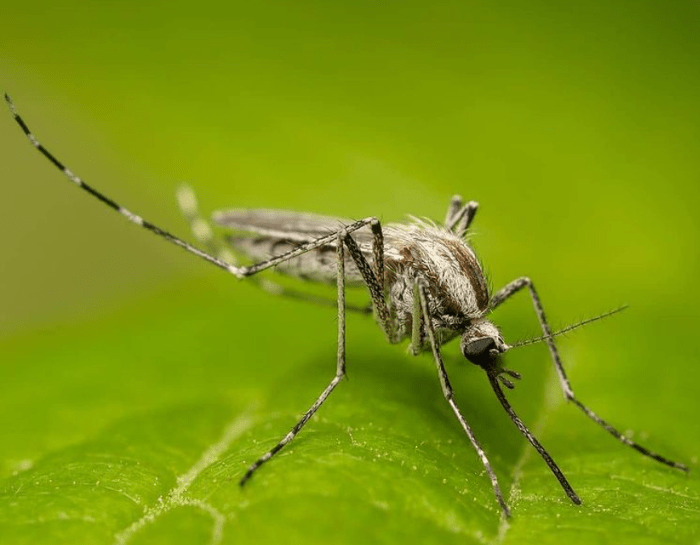
Insect repellent plants: Insects are part of life and they play an essential role in maintaining biodiversity in the environment. However, sometimes they can be harmful, causing small and large inconveniences.
Sometimes, you attract insects whenever you put your nose outside to have a quiet moment in the garden. It’s annoying, but don’t worry, we have an effective solution. Fortunately, it is possible to keep them away in a 100% natural way with natural insect repellent plants, and in the process, these plants will bring color to your backyard.
Some aromatic or decorative plants give off an odor that bothers insects and acts as a repellent against them. Most often easy to grow, and can be of great service in the summer, when mosquitoes, wasps, flies and other insects come to ruin our lives.
Check out in this article a useful list of 10 best bug repellent plants and enjoy a bug-free backyard!
Best insect repellent plants
1- Lavender
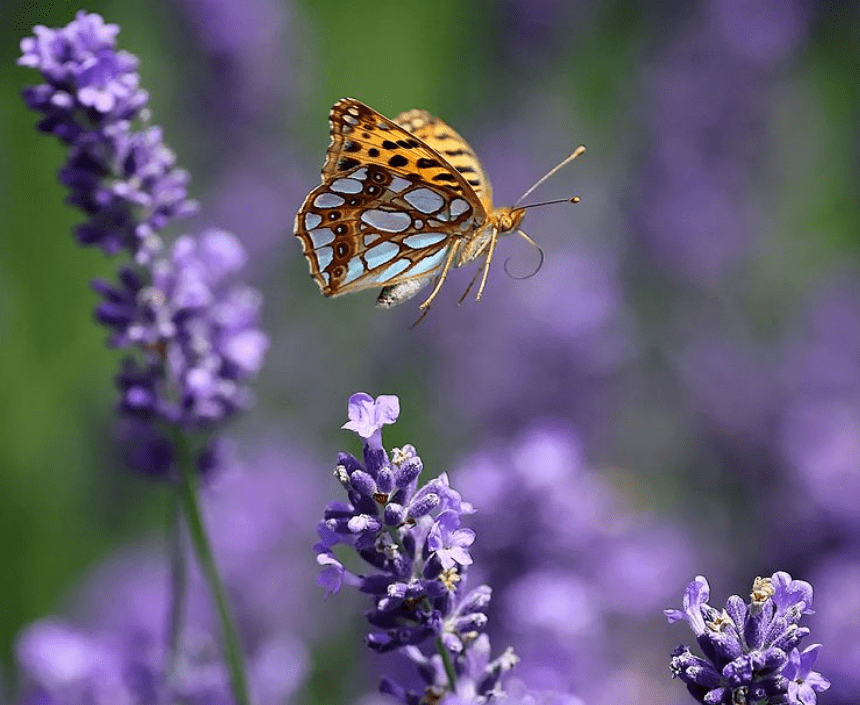
Lavender (Lavandula spica) is a wonderful plant belonging to the Lamiaceae family. This plant has pretty purple flowers with a delicious smell. Does Lavender repel bugs? With its characteristic scent, Lavender can be used as a natural repellent against moths, ants, flies and mosquitoes. Used for centuries for its insect repellent properties, Lavender gives off also a sweet and pleasant scent in the home, especially in drawers and wardrobes. It is also a good idea to plant lavender around your swimming pool or the rest areas of your garden. The other advantage is that lavender oil is known for its nourishing properties on the skin, as well as its calming effect to make it easier to fall asleep.
2- Lemongrass

Lemongrass (Cymbopogon schoenanthus) is an annual grass in the Cymbopogon family. Its foliage gives off a strong lemony fragrance, well known for repelling mosquitoes that disturb our summer evenings. By the way, many repellent products for the skin or for the garden are also based on Lemongrass. So, to repel insects, you can plant this plant in the garden or chop a few leaves and place them in a dish in strategic places in the house.
3- Basil
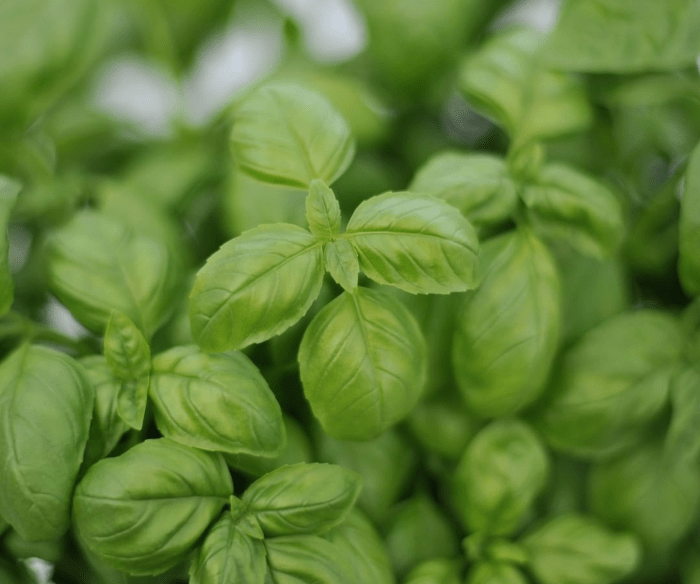
Basil (Ocimum basilicum) is an aromatic plant widely used to flavor cooked dishes and is characterized by tiny leaves and small white flowers. Freshly cut in our pasta or in our summer salads, it is a delight. In addition to flavoring cooked dishes, basil is very useful in gardens, because it is a great mosquito plant repellent. Plant your basil in flower pots and place them on window sills, near doors, or outside, in places where you like to relax. Another bonus is that you can also use fresh basil to make your own bug spray!
4- Mint
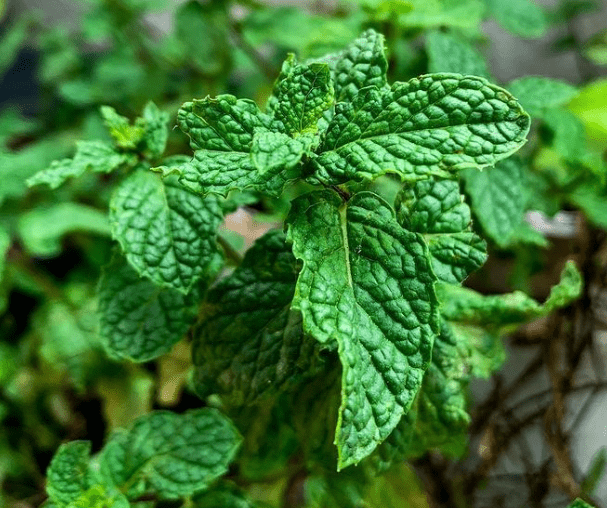
Mint (Mentha) is a member of the family of aromatic herbs. Thanks to its strong smell, mint has the capacity of repelling insects. Peppermint (Mentha x piperita) is one of the richest in menthol, and therefore one of the most effective. Against aphids, bedbugs, mosquitoes but also spiders, opt for mint. In addition to being effective, Mint smells good and flavors many dishes. So, to keep insects away from surrounding plants, plant the Mint in pots and arrange them in your garden or patio.
5- Rosemary
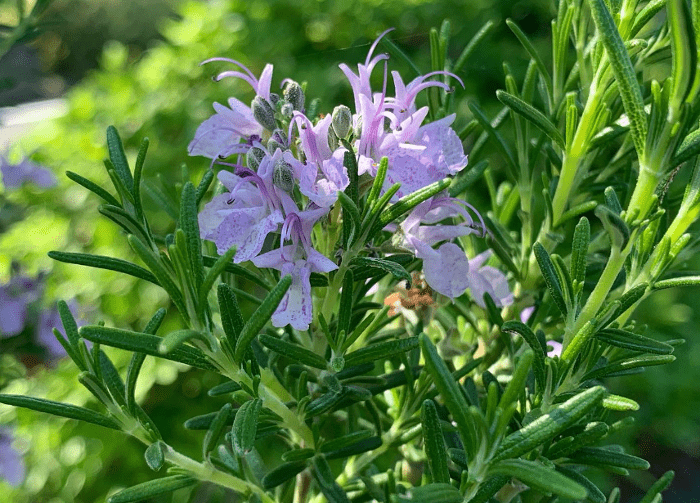
Rosemary (Salvia rosmarinus) is an aromatic plant that can be grown both in pots and in the garden. Besides flavoring our dishes, Rosemary seems to be one of the champion mosquito repelling plants and many other insect pests of vegetable plants. To make a Rosemary insect repellent spray, boil a quarter of dried rosemary in 1 liter of water for 30 minutes. Then, filter the liquid into a large container and add 1 liter of cold water. Finally, keep your spray in the refrigerator and use small spray bottles when you go outside.
6- Tansy
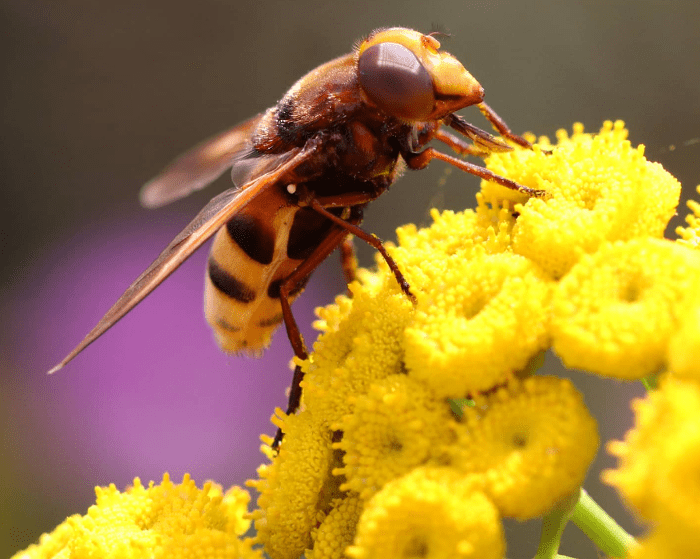
Tansy (Tanacetum vulgare) is a perennial herbaceous in the Aster family. Indeed, this plant is rich in Thujone, which has both medicinal and insect repellent properties. The insect repellent properties of Tansy are often overlooked. The fragrant foliage will be your garden’s number one ally for keeping ants away, but also slugs and caterpillars. On the other hand, it may attract ladybugs. In addition, sachets of dried tansy repel moths from cupboards or even fleas, ticks and mites from the basket of pets. However, be aware if you have pets because Tansy is a toxic plant for animals.
7- Absinthe
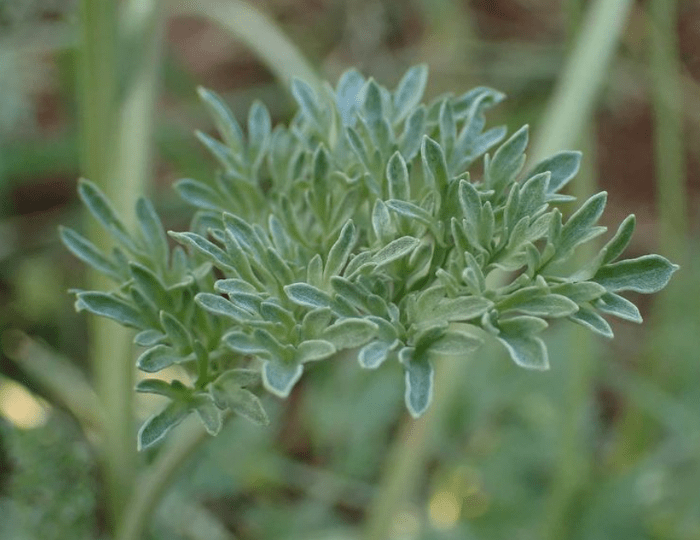
Absinthe (Artemisia absinthium) is a bushy perennial in the Aster family. This plant with grey-green leaves and yellow flowers is powerfully aromatic and it is one of the best pest resistant plants. In addition to sublimating and fragrant the garden, Absinthe repels aphids, flies, and caterpillars… when planted at the foot of plants such as roses. It is also effective against slugs which very often invade our vegetable gardens. It can also be kept in a vase inside the house as a natural insect repellent.
8- Garlic

Garlic (Allium) is known for its innumerable health benefits and seasoning. Garlic is also a natural repellent against mosquitos, slugs, aphids, carrot flies and tomato fruitworms by releasing a strong fragrance. You can as well plant it everywhere and create a product that you will spray on the leaves of other plants. Onions and leeks, which are part of the same family, also have insecticidal properties.
9- Sweet Woodruff
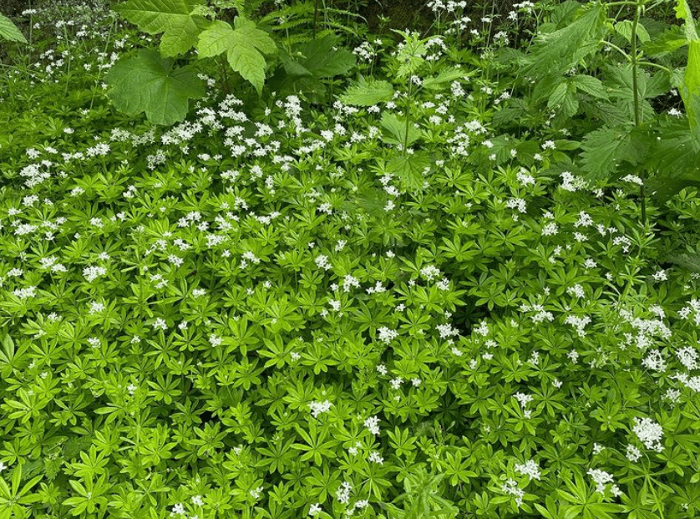
Sweet Woodruff (Galium odoratum) is a flowering perennial plant in the Rubiaceae family. This plant is also named “queen of the woods” or “little lily of the valley” because of its delicate white flowers. Very pretty in a garden, it is also extremely effective in repelling mosquitoes, moths, wasps and even hornets. You can dry the woodruff in a ventilated place, in order to avoid any mold which would make it toxic. Then make small bags that you will place in the cupboards, to perfume the laundry and to keep away moths.
10- Lemon Thyme
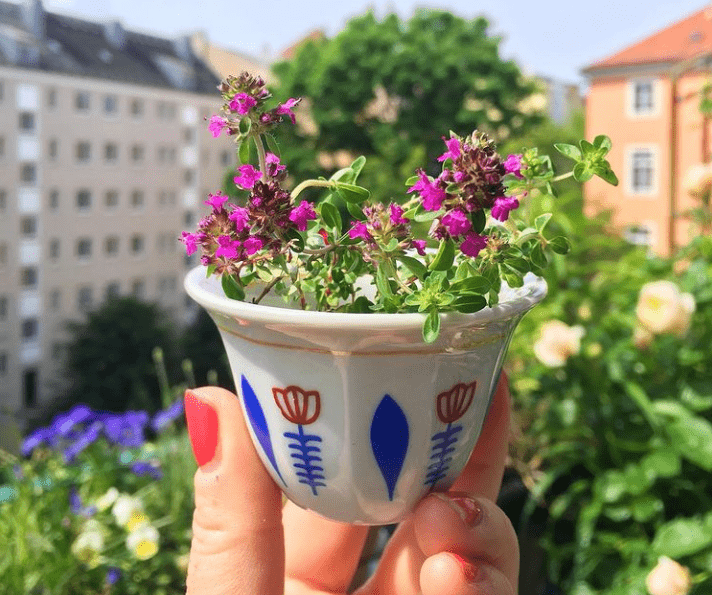
Lemon Thyme (Thymus citriodorus) is a natural bug repellent. These insect repellent plants are a very fragrant herb that also repels mosquitoes, especially when you take the time to cut a few branches so that the plant’s chemicals are released into the air. In addition to adding great flavor to herbal teas and lemonades, it also helps repel some types of insects, including tomato hornworms, cabbage loopers, cabbage maggots, corn earworms and whiteflies. This plant is therefore very useful in gardens.
Did You find this helpful? Share it with your friends!